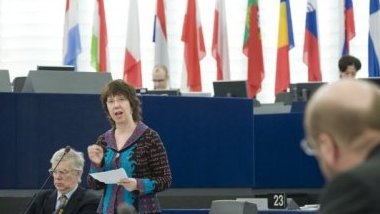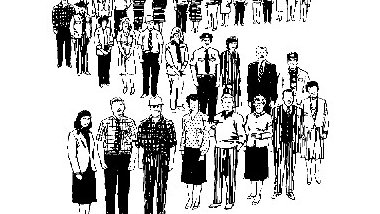On 26th July 2010, during a General Affairs meeting, the Council of the European Union finally gave the nod of approval to the setting up of the European External Action Service, which many hope will mark the end of the inter-institutional wrangling as to how the new service should be shaped. The new service, which will employ around 6,000 staff, will initially draw its employees from within the EU institutions, which has now caused a new spate of political battles, as many member states now want to ensure nationals of their countries fill some of the top positions.
The road to the External Action service was by no means an easy one to walk, but many supporters of the initiative have stressed that the real significance of the decision on 26th July was one that lied outside of Brussels. This is because the new service aims to take a new approach to foreign policy, one that tries not to duplicate Member states efforts, but add value to them to play on the strengths of the union to effectively work towards enhancing global security and stability.
Over the coming days thenewfederalist.eu would like to take a look back at the discussions prior to, and shortly following the service’s creation, to see how the inter-institutional wrangling and member state’s interests have posed a threat to the creation of the service. The first article that will take an in depth look into these issues was originally published on 29th June 2010 on Eurobull, and reported on the External Action Service being on the brink of achievement. The second of this series of analysis of the External Action service was published in German on Treffpukt europa on 7th August 2010, and discusses how the service is still very much seen from a national perspective. The final article in the EEAS series, takes a more forward looking perspective on the topic and discusses the EEA staff as a symbol of the necessity of a European public service.
Thenewfederalist.eu hopes this retrospective look at three major issues surrounding the creation of the External Action Service will serve as a point of interest in which Young European Federalists can discuss the ways in which the service can serve its purpose in attempting to secure international peace and stability.
The three articles in the series can be read by following the links below:





Follow the comments: |
|
